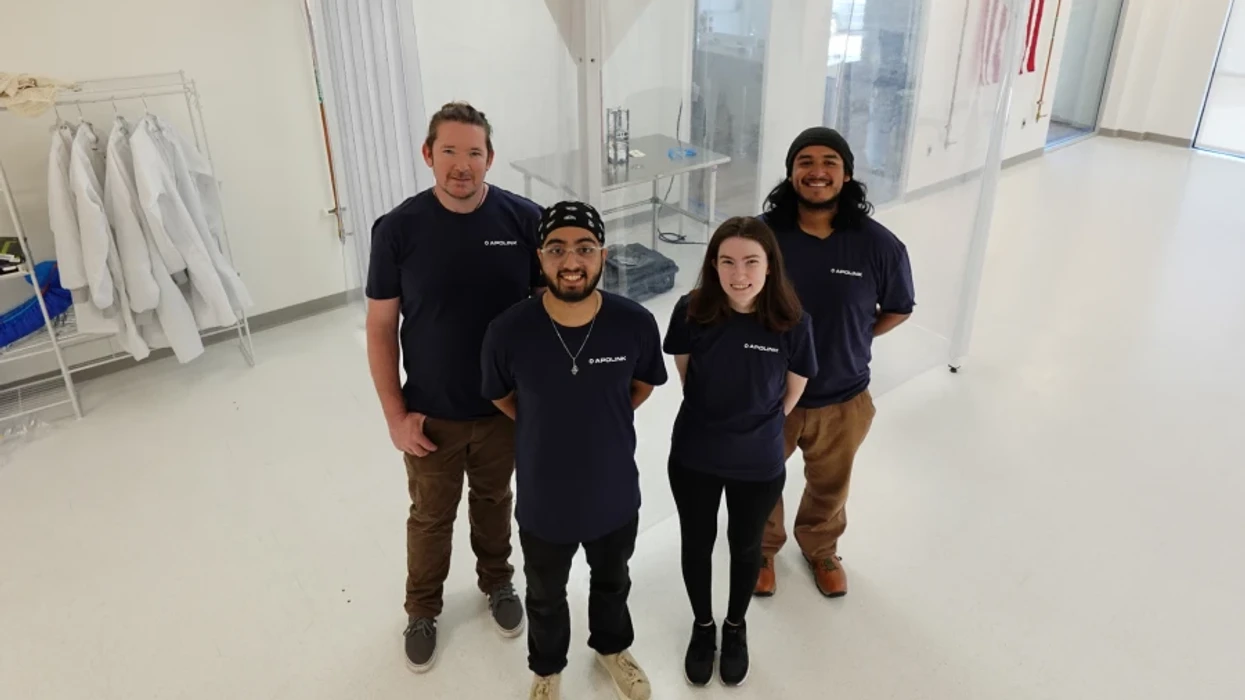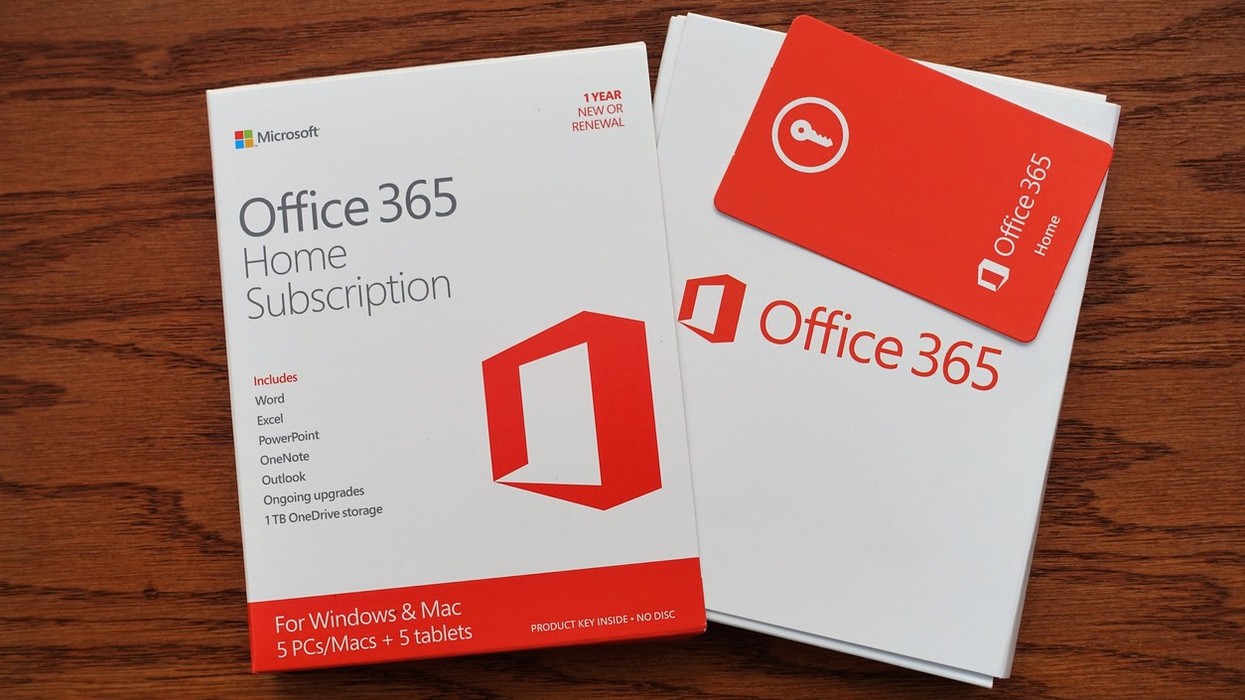Started by a 19-year-old Indian entrepreneur, Onkar Singh Batra, Apolink has raised a significant amount in its seed round. The startup raised $4.3 million in its seed round, including support from Y Combinator, 468 Capital, Unshackled Ventures, and other investors. It was met with more investors than predicted. Previously known as Bifrost Orbital, Apolink aims to build a real-time connectivity network. It would be beneficial for satellites in Low Earth Orbit (LEO) to maintain communication with the ground. Put into simpler words, it runs on a mission to connect space to the ground.
The idea behind Apolink addresses a problem space companies still face today. When satellites move into areas that are not in the line of sight of a ground station, it makes them go offline. While some solutions exist to reduce downtime, the problem remains partially solved. The startup works with the aim of providing 24/7 connectivity to LEO satellites. The technology is designed to allow 256 users to handle 9.6kbps communication from space in each orbital ring.
The issue has become increasingly critical as space exploration initiatives are booming. The Tracking and Data Relay Satellite (TDRS) system has been utilized by NASA to maintain “continuous” contact with satellites in geostationary orbit. NASA revealed that it was phasing out the use of TDRS in 2022. It announced that it would be open to utilizing commercial providers for the purpose of maintaining satellite communications.
The teen entrepreneur recognized the issue of connectivity with satellites early on in his life. He developed a passion for space at the young age of 14. He created India’s first open-source satellite, InQube, when he was in the 12th grade. In the same year, 2022, he had a brief stint as a guest professor at IIT Jammu, where he taught space ecosystems to engineering students.
While developing his first satellite system, Batra became aware of the issue with satellite connectivity. He discovered that in order to provide network connection in orbit, specialized hardware was needed because the current systems lacked backward compatibility.














